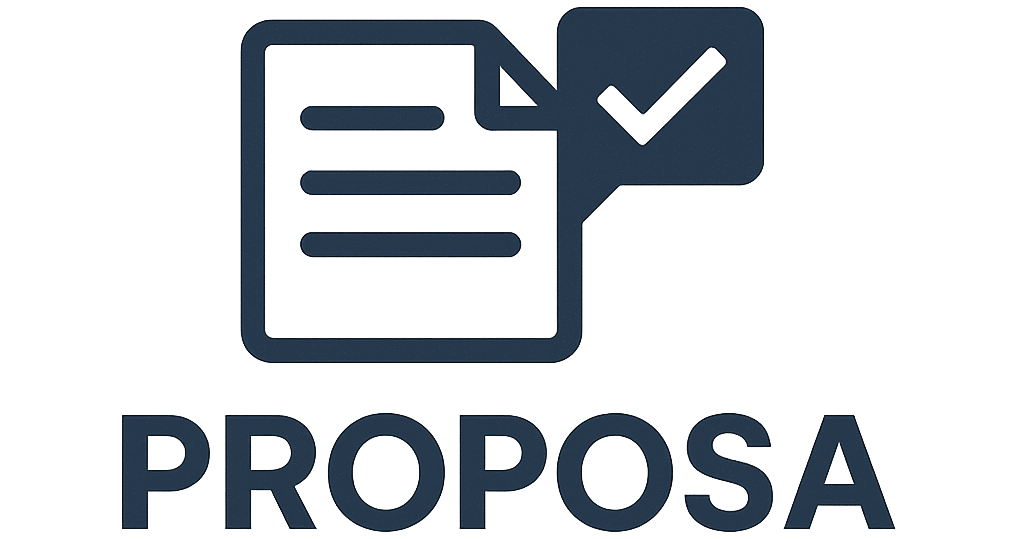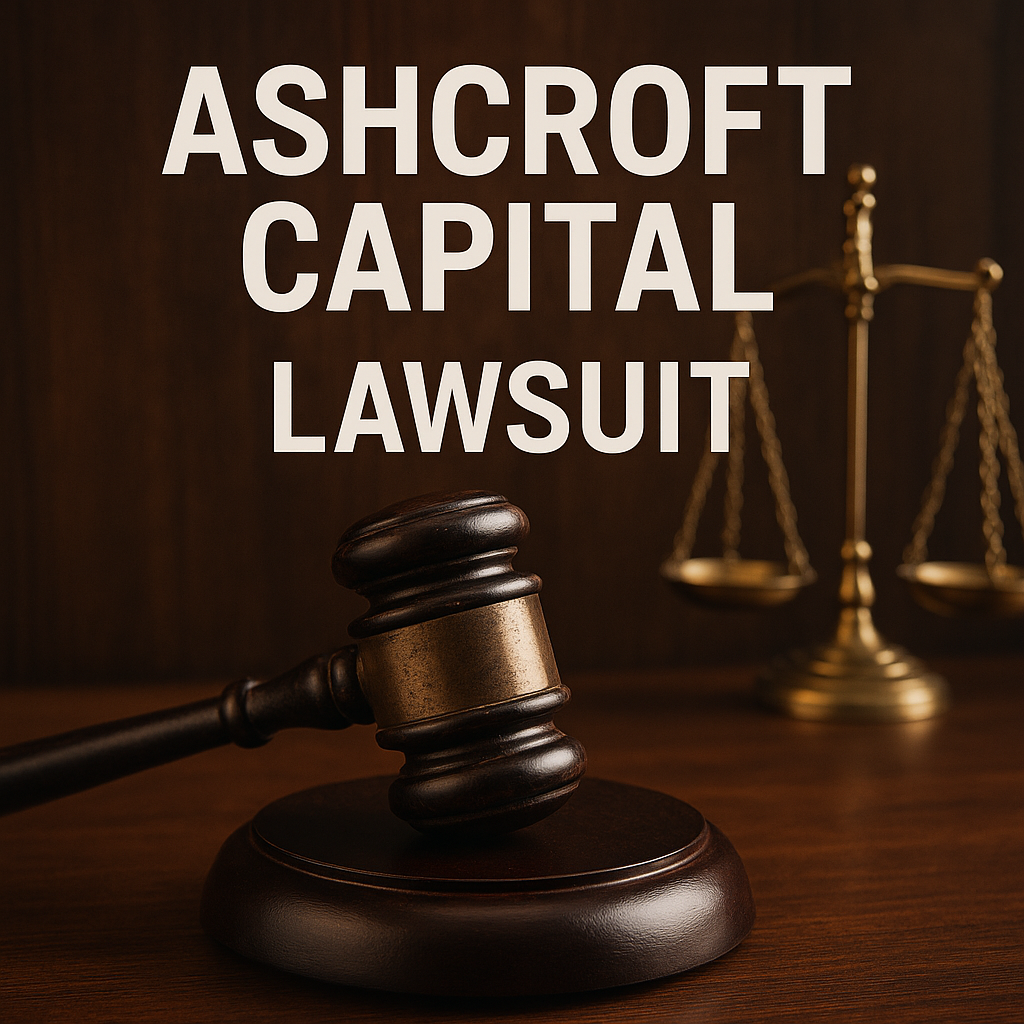Ashcroft Capital Lawsuit: Unpacking the Facts and Building Trust
Ashcroft Capital, a name known for strategic multifamily real estate investments, has recently been the subject of public attention due to the Ashcroft Capital lawsuit. As speculation circulates, it’s vital to separate hype from fact and explore what this means for investors, the real estate industry, and the company itself.
This article brings you a clear, trust-driven breakdown of the situation, focusing on positive sentiments, reliable information, and actionable insights.
What Is the Ashcroft Capital Lawsuit About?
The Ashcroft Capital lawsuit stems from investor grievances concerning transparency, performance disclosures, or projected returns on some multifamily real estate assets. While the full legal details remain private or under review, such disputes are not uncommon in the high-stakes world of real estate syndication.
Notably, no criminal charges have been filed against Ashcroft Capital, and many legal matters in private equity stem from misunderstandings in investment structure or misaligned expectations—not fraudulent behavior.
Ashcroft Capital: A Legacy of Excellence
Founded by Joe Fairless, Ashcroft Capital has built a respected reputation in multifamily acquisitions, with over $2 billion in assets under management. Their focus on Class B properties in growth markets across the U.S. reflects a disciplined, research-driven investment strategy.
The Ashcroft Capital lawsuit is not indicative of systemic wrongdoing but highlights how critical communication and transparency are in investor relations.
How the Lawsuit Reflects the Real Estate Investment Landscape
Litigation in real estate is not unusual. Many firms—especially those with massive portfolios—face disputes over valuations, fees, or projected returns.
In the case of the Ashcroft Capital lawsuit, it serves as a reminder of the importance of investor education and documentation. When investors thoroughly understand the risk-reward ratio in syndication models, these disputes become far less likely.
What Investors Should Know Moving Forward
If you are currently invested or considering future investments with Ashcroft Capital, here are proactive steps you can take:
-
Review Past Communications: Understand what was promised and what was delivered.
-
Understand the Syndication Model: Real estate syndications carry risk, including delayed returns.
-
Monitor Case Updates: Stay informed about legal developments in the Ashcroft Capital lawsuit via official channels.
-
Speak to a Professional: Consult your financial advisor about your exposure and strategy.
Lawsuits can be unsettling, but they’re also moments for growth, evolution, and improvement.
How Ashcroft Capital Is Responding
Ashcroft Capital has responded with clarity and poise. According to public statements, the company:
-
Welcomes the legal process and is cooperating fully.
-
Continues normal operations across all properties.
-
Remains committed to transparency with stakeholders.
This strong and proactive stance aims to restore investor confidence and ensure the Ashcroft Capital lawsuit does not overshadow their ongoing achievements.
Lessons for the Investment Community
The Ashcroft Capital lawsuit teaches both investors and fund managers important lessons:
-
Documentation is vital: Ensure all agreements are clear and accessible.
-
Communication prevents conflict: Regular updates keep investor trust intact.
-
Transparency is a competitive edge: Firms that own up to issues and resolve them win long-term.
Positive Sentiments Moving Forward
Rather than being viewed as a failure, the Ashcroft Capital lawsuit can be seen as a turning point. It is an opportunity for the firm to strengthen its policies, update its investor relations processes, and emerge even more resilient.
For investors, it’s a moment to become better informed and more engaged. It proves that even great firms are not above scrutiny—and that’s a good thing.
FAQs: Ashcroft Capital Lawsuit
Q1. What is the Ashcroft Capital lawsuit about?
A: It involves investor concerns regarding financial returns, transparency, or fees in real estate deals. No criminal activity has been alleged.
Q2. Has Ashcroft Capital committed fraud?
A: There is no public evidence of fraud. The lawsuit likely centers on contract interpretation or investor dissatisfaction.
Q3. Should I be worried if I’m an investor?
A: Stay informed. Review all documents, communicate with Ashcroft’s team, and speak with your financial advisor.
Q4. Is this lawsuit public?
A: As of now, limited details are public. Ashcroft has not been indicted, and court proceedings are likely civil in nature.
Q5. What happens next?
A: The legal process will follow its course. Ashcroft continues normal operations and remains committed to communication.
Q6. Can I still invest with Ashcroft Capital?
A: Yes. The firm is operational and still raising capital. Always do due diligence.
Q7. Is Ashcroft still trustworthy after the lawsuit?
A: Trust must be evaluated based on facts. Ashcroft Capital remains a key player in U.S. real estate syndication and has responded with integrity.
Q8. Where can I track updates?
A: Visit Ashcroft Capital’s official site, or follow legal filings and reputable news outlets for updates.
Final Thoughts
The Ashcroft Capital lawsuit is a chapter—not the whole story. Real estate is a dynamic, high-reward space with inherent risks. The way firms respond in times of scrutiny defines their long-term viability.
Ashcroft Capital has shown resilience, transparency, and a deep commitment to its investor community. While challenges exist, the firm continues to innovate, acquire, and build multifamily communities that deliver lasting value.

